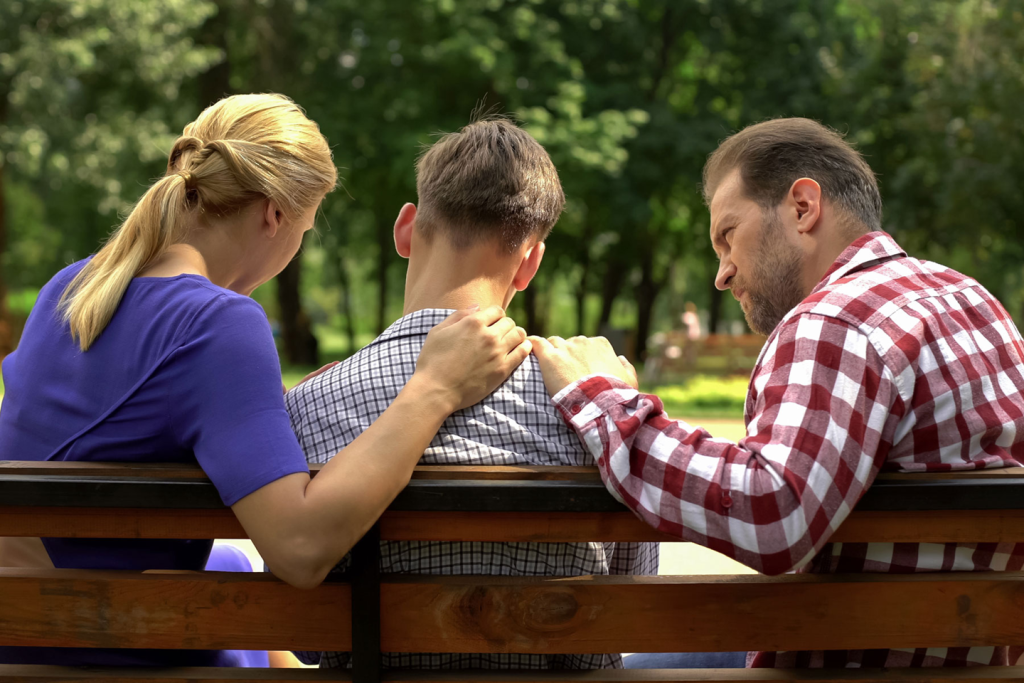Why Should You Enlist the Help of Drug Counseling in Buffalo for Your Teen

Teen substance use is a concern many families face. It can begin quietly, but its effects grow quickly. In Buffalo, resources are available to support both teens and their families. Drug counseling is one of the most effective tools for early intervention and long-term change.
Teen drug counseling in Buffalo, MN, provides more than advice. It gives structure, professional care, and a way forward. Ignoring the signs can make recovery harder later. But with the right help, change is possible. Here’s why drug counseling matters and why parents should not wait to seek it.
It Provides Early Intervention Before Things Worsen
Counseling works best when started early. They may show signs of drug use before it becomes a serious addiction. A counselor can identify risk patterns and address them right away. This helps prevent long-term damage and emotional harm. Early sessions can shift behavior before legal or school problems arise. Intervention at this stage helps prevent them from further falling into risky habits. Waiting too long often leads to a more complicated recovery. Quick action through counseling can prevent years of struggle. It creates room for healing at the earliest point.
It Gives Teens a Safe Space to Talk Honestly
Teens may not be comfortable opening up to family or friends. Drug counseling gives them a private, judgment-free space to speak freely. Professionals listen without anger, punishment, or panic. This helps teens feel heard and respected. Once trust builds, deeper conversations become possible. Many teens reveal things in counseling that they have kept hidden. Honest communication is crucial in identifying and addressing the root cause of the issue. It helps them face emotions and triggers more clearly. Without this space, problems often stay bottled up. Counseling opens the door to real progress.
It Addresses Underlying Emotional and Mental Health Issues
Drug use often masks deeper problems. These might include anxiety, depression, trauma, or unresolved grief. A counselor is trained to identify and address these patterns directly. This prevents the teen from using substances as an emotional escape. Mental health support strengthens coping skills. It also helps teens gain a better understanding of themselves. Without treating the cause, the symptoms will continue. Buffalo has specialists who focus on both addiction and mental health. Teens benefit most when both areas are treated together.
It Strengthens Family Communication and Understanding
Substance use often erodes trust within the home. Parents may feel helpless, frustrated, or unsure how to respond. Counseling can involve the entire family in the process. Sessions teach better ways to talk, listen, and set boundaries. Parents learn to support without enabling. Teens learn how their actions affect those around them. Everyone gets tools to rebuild the connection. Many Buffalo counselors offer joint or family sessions as part of the recovery process. Stronger family ties increase the chance of lasting change.
It Creates a Long-Term Plan for Recovery
Drug counseling does not stop after a few visits. A structured treatment plan supports the teen across weeks or months. It includes regular sessions, progress tracking, and relapse prevention tools. Counselors adjust the plan as the teen’s needs change. This creates a reliable path forward. Without structure, teenagers are more likely to revert to risky habits. A counselor helps set short and long-term goals. This sense of direction improves confidence and accountability. Teens do better when they have a plan and someone to help them follow it.
Teen drug counseling in Buffalo, MN, is not just an option. It is a critical step in protecting a teen’s future. In Buffalo, skilled professionals are ready to support families facing these challenges. Parents do not have to wait for a crisis to act. The right time to seek support is now. Taking that first step could be one of the most important decisions for your teen’s well-being.








